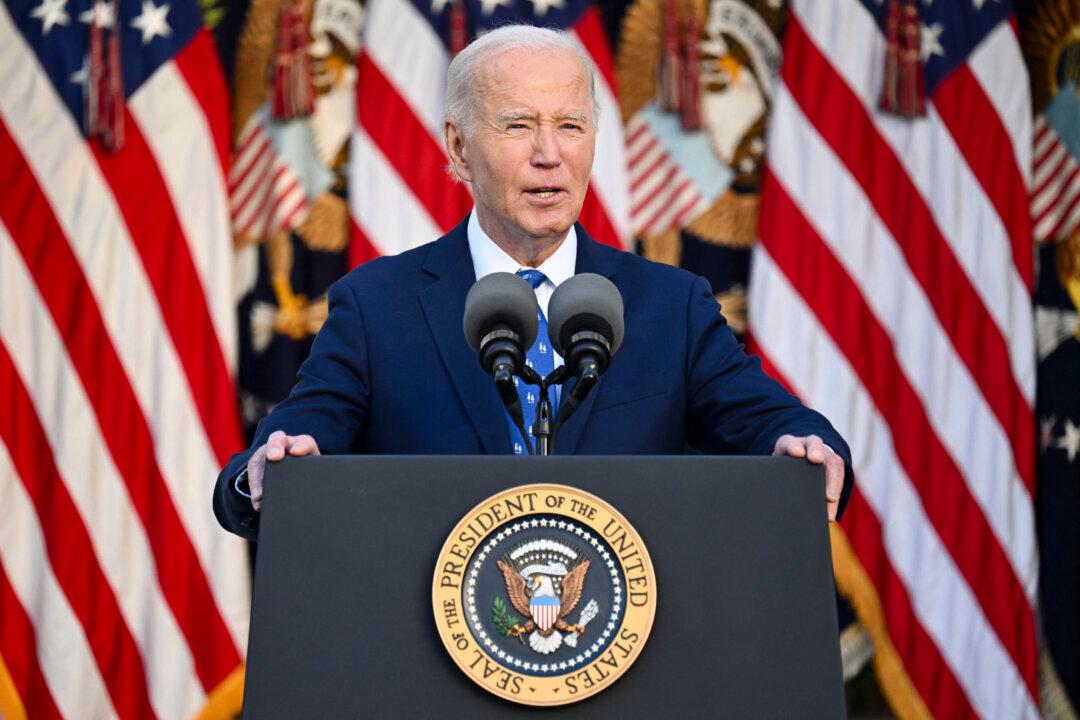Li spoke by phone with Pakistani Prime Minister Shahbaz Sharif and urged him to “make every effort to deal with the follow-up matters of the casualties” following the April 26 bombing near the Karachi University.
In response, Shahbaz reassured Beijing that his government will do “its utmost to investigate the truth of the incident” and take robust security measures to protect all Chinese personnel in Pakistan.
The two leaders also discussed bilateral matters and agreed to advance cooperation on major projects, particularly the China–Pakistan Economic Corridor (CPEC), with Li stating that Beijing prioritized its ties with Pakistan.
Police said the female militant belongs to the Baloch Liberation Army (BLA), a terrorist group based in Pakistan’s Balochistan province that claimed responsibility for the April 26 blast in Karachi.
China’s foreign ministry strongly condemned the attack, saying that “the blood of the Chinese people should not be shed in vain, and those behind this incident will surely pay the price.”
China is a close ally of Pakistan, investing over $65 billion for infrastructure in Pakistan under the CPEC, which is part of Beijing’s Belt and Road Initiative (BRI), which other countries have criticized as a “debt trap” for smaller nations.
Balochistan is home to a deep-water port in Gwadar city, which Beijing is developing under the CPEC. Baloch separatist guerillas claimed they have been fighting for decades for a greater share in regional mine and mineral resources.
They protested against the severe shortage of drinking water and electricity, restrictions on movement, and limited sea access resulting from the high level of security for the CPEC that runs through the province. The protests eased after the government agreed to most of their demands in December.




